Gov. Janet Mills issued an executive order Wednesday that identified areas in Maine where businesses are to enforce the state’s requirement that people wear masks.
Along with Maine’s coastal counties — from York to Hancock — that draw tourists every summer, the order also identifies the state’s larger inland cities: Lewiston, Auburn, Bangor, Brewer and Augusta, the state capital.
Missing from the list: Waterville.
On Thursday, information about why Waterville, the second-largest city in Kennebec County, was not included was not immediately available, but the answer may be in the numbers.
Augusta’s daytime population ordinarily hovers around 60,000. People travel from across the region and state to Augusta for business, shopping and to dine out. It is a regional service and retail center.
But once the offices, stores, restaurants and bars close, the overnight population is not quite 18,700.
Keith Luke, deputy director of development services for the city of Augusta, said the daytime population is derived from information from the state departments of Revenue and Employment that shows where people work.
In Waterville, where the overnight population is about 16,500, the daytime population swells to between 22,000 and 25,000.
“You do hear, anecdotally, that our (Waterville) population doubles during the day,” said Garvan Donegan, director of planning and economic development for the Central Maine Growth Council.
Donegan said his estimate is conservative. But while the daytime population spikes, it does not routinely double. And, he said, the population number does not always account for college students, as the U.S. census culls that data.
No clear guidance was availableThursday from the governor’s office.
Lindsay Crete, press secretary for Gov. Janet Mills, did not address the question directly, but said via email that Mills believes wearing masks is important.
“That is why she required through a previous executive order that people wear them in places where physical distancing is difficult to maintain,” Crete said.
“That executive order remains in effect and applies statewide, including in Waterville, as does another executive order that requires businesses to post readily visible signs notifying customers of this requirement and that permits them to deny entry or service to a person not wearing one.”
Crete said Wednesday’s order strengthens enforcement mechanisms of previous orders, issued at the end of April and the end of May. It focuses on restaurants, outdoor seated bars and tasting rooms, and retail stores where people are likely gather and Maine’s larger cities and coastal communities, which draw tourists.

Masked Lowe’s employees help a customer load a purchase at the Augusta store on Thursday. Andy Molloy/Kennebec Journal
Those earlier orders require people to wear face coverings in public places and authorizes business to deny entry and service to those who do not.
Public health officials in Maine and elsewhere say the best way to slow the spread of the highly contagious novel coronavirus, which causes the potentially dangerous respiratory disease COVID-19, is to wear a face covering and to stay at least 6 feet away from others.
Since the global coronavirus pandemic was declared in March, 3,486 COVID-19 cases and 111 deaths have been recorded in Maine.
The governor’s order specifically identifies retailers with more than 50,000 square feet of shopping space. In most instances, those corporations already have mask-wearing policies in place, so any differences between Augusta and Waterville are not relevant.
For example, Walmart, which has stores in both communities, has mandated masks for employees since April 20, and has posted signs highlighting and following local regulations, company spokesman Casey Staheli said Thursday.
“We place a health ambassador at the door to help remind customers of the local requirements and encourage the use of facial coverings,” Staheli said. The company has also deployed its security contractors to help ensure local regulations are followed.
Ericka Dodge, external communications manager the Hannaford chain of grocery stores, said its supermarket on Whitten Road in Augusta meets the size threshold in the executive order, but the vast majority of its stores do not. Regardless of size and location, the company requires customers in Maine to wear face coverings, she said.
Earlier this month, Hannaford started providing free masks for those who don’t have one, and it has posted signs, broadcast in-store announcements, advertised in newspapers, sent emails and posted on social media channels requests for customers to wear face coverings to help keep store associates and customers healthy.
Not everyone is complying.

Hannaford grocery shopper Jim of Canaan, who did not provide his last name, talks about Gov. Janet Mills’ order for businesses to enforce the state’s mask requirement. He said he doesn’t own a mask. Rich Abrahamson/Morning Sentinel
“I don’t own a mask,” said Jim, a Canaan resident who declined to give his last name at the Hannaford at Elm Plaza in Waterville. “I don’t begrudge people who wear masks, and I don’t think it’s right to treat people badly if they don’t wear them. … I think we all need to treat each other the way we want to be treated and this would all go a lot better.”
Angela Einstein of Burnham also chooses not to wear a mask.
“The mask is not helpful in stopping the virus,” Einstein said at Hannaford, noting that enforcing the face-covering requirement also can trigger problems for those who suffer from mental health problems, such as post-traumatic stress disorder. “The mask does nothing but terrorize people. It’s not helpful to the mind.”
Wednesday’s executive order also includes eating establishments, bars, tasting rooms and lodging operations and accommodations.
Nancy Berg, owner of Rebecca’s Place on Eastern Avenue in Augusta, said she has had no issues with customers wearing masks.
The restaurant, a fixture for the past 44 years, serves breakfast, lunch and dinner six days a week and breakfast and brunch Sundays. Business tends to increase in summer when people are traveling through Maine on vacation, she said, but her mainstays are local residents who come year-round.
“I have several customers, like one lady has Alzheimer’s, so I don’t know how that’s going to go,” she said. “And then I have several others that don’t believe in wearing them, but they haven’t come in yet. So, waiting game to see.”
In Waterville, Silver Street Tavern owner Charlie Giguere said he and his staff are following all the state’s recommendations and requirements.

Melissa Martin, left, of South Portland, and her aunt, Marie Ahern of Winslow, talk at the Silver Street Tavern in Waterville about Gov. Janet Mills’ order for businesses to enforce the state’s mask requirement. Martin said she wears a mask to ensure the wellbeing of her aunt. Rich Abrahamson/Morning Sentinel Buy this Photo
“We’re doing everything we can, and we take pride in that,” Giguere said.
Some precautions include closing down Silver Street to expand its outdoor dining set up, requiring staff to wear masks, providing hand sanitizer, requiring customers to make reservations before coming to the restaurant and moving indoor tables 6 feet apart from one another.
Giguere said he doesn’t want to become the “mask police” when it comes to the customers.
“We’re really protecting the guests from us. That’s why we wear the masks,” Giguere said. “But I’m not going to twist anyone’s arm about wearing a mask when they come here. If the state requires us to enforce the mask rule, then we’ll buy a bunch of masks and hand them out.”
Melissa Martin, who was having lunch at the tavern Thursday with her 84-year-old aunt, Marie Ahern, said she wears a mask for the well-being of her aunt.
“I’m torn on the issue because, for example, I feel safe right now having lunch and not wearing a mask here, but I know that I need to do what’s best for her (Ahern),” said Martin, who routinely wears a mask in public.
“You see some people being really rebellious, and it’s hard to see that because it’s like a ‘I don’t give a crap’ attitude. I’m ready to do whatever I need to do to get rid of (the virus).”
Martin compared the face mask requirements to public safety laws widely debated in the past, like mandatory seat belt laws.
“Everyone made a big deal about it, but look now,” she said. “We’re just used to it, (so) I think the governor is just trying to do the best she can.”
As with the earlier versions of the executive order, enforcement falls to any government department or official that regulates licenses, permits or authorizes entry to restaurants, bars, tasting rooms or lodging operations. But sometimes, people just call the police.
Kevin Lully, deputy chief of the Augusta Police Department, said Thursday his department receives regular complaints about masks.
“When we respond, which we do for all reported violations,” Lully said, “our first goal is voluntary compliance through education. Most times, that will quell the issue. If not, we also report all of our violations to the state of Maine Department and Community Development.”
That is an option now available to state residents and anyone else with a complaint. The department has set up a page to report alleged noncompliance with executive orders — appengine.egov.com/apps/me/non-compliance.
Send questions/comments to the editors.

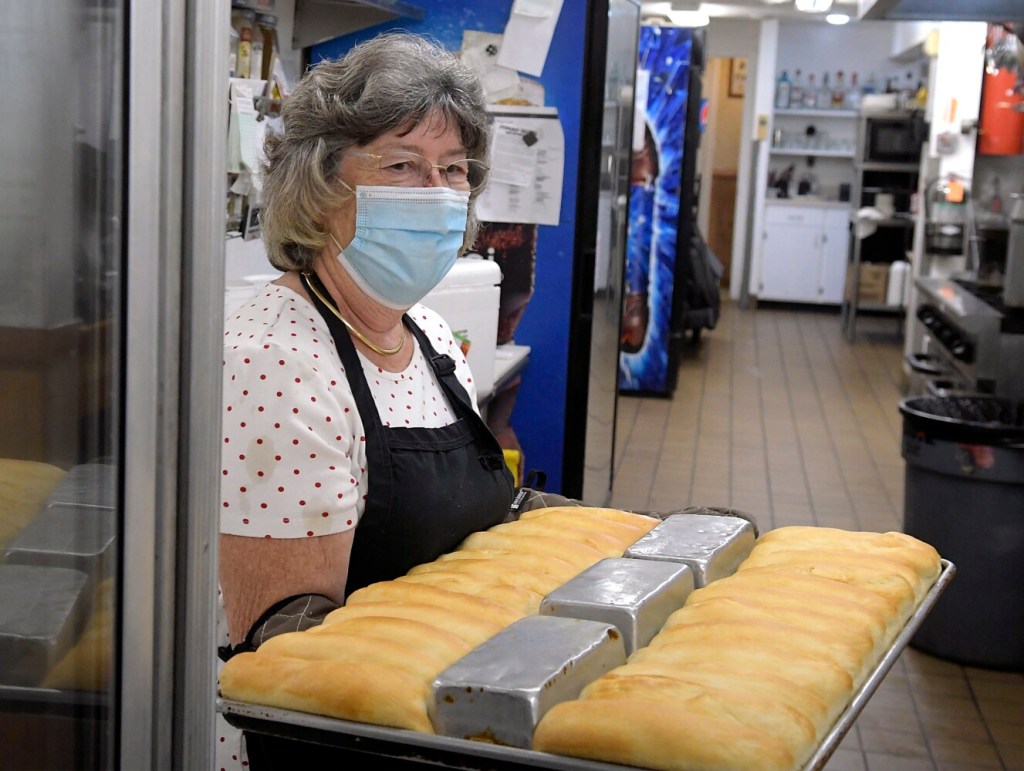
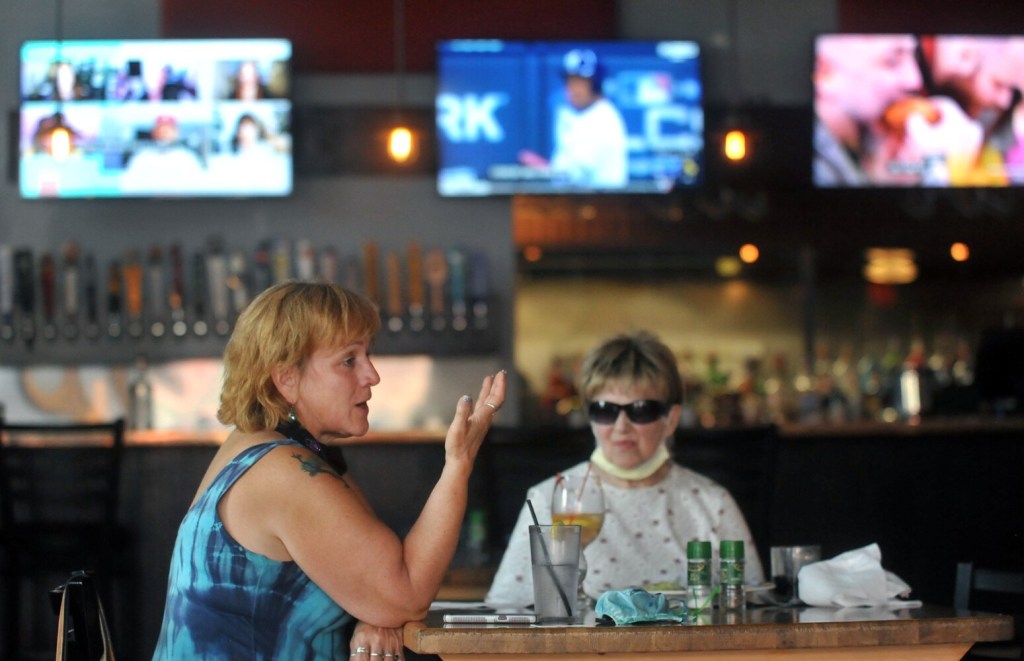
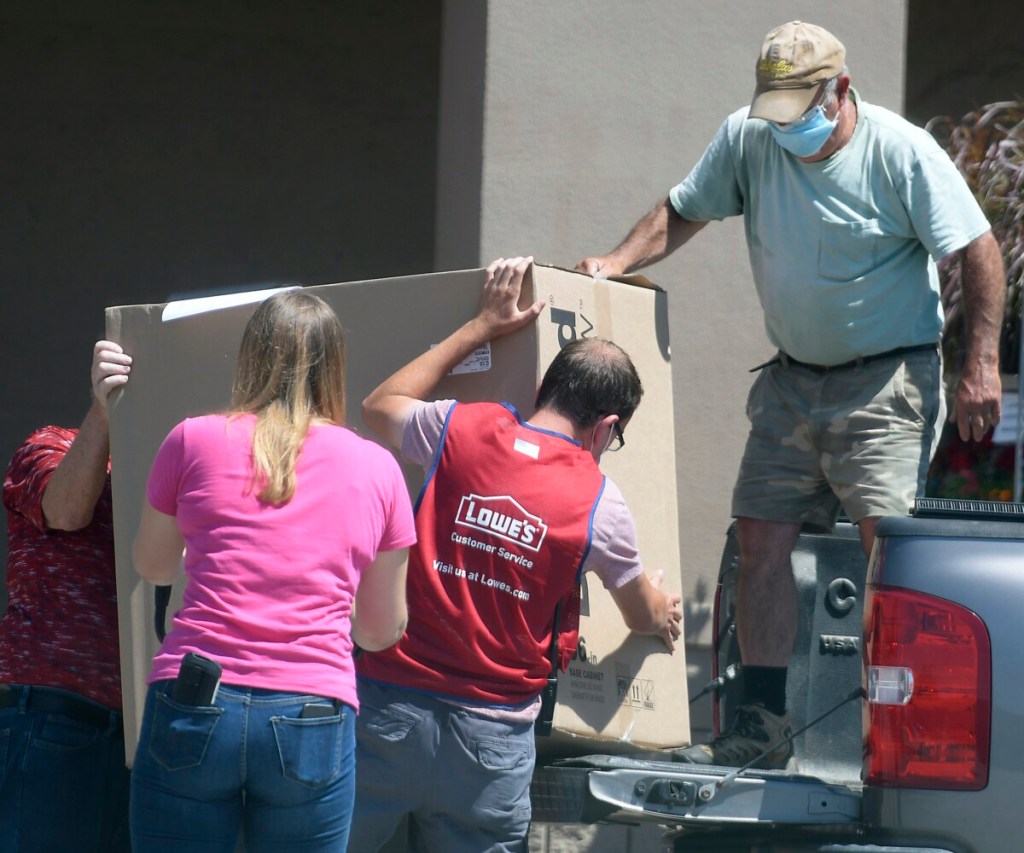
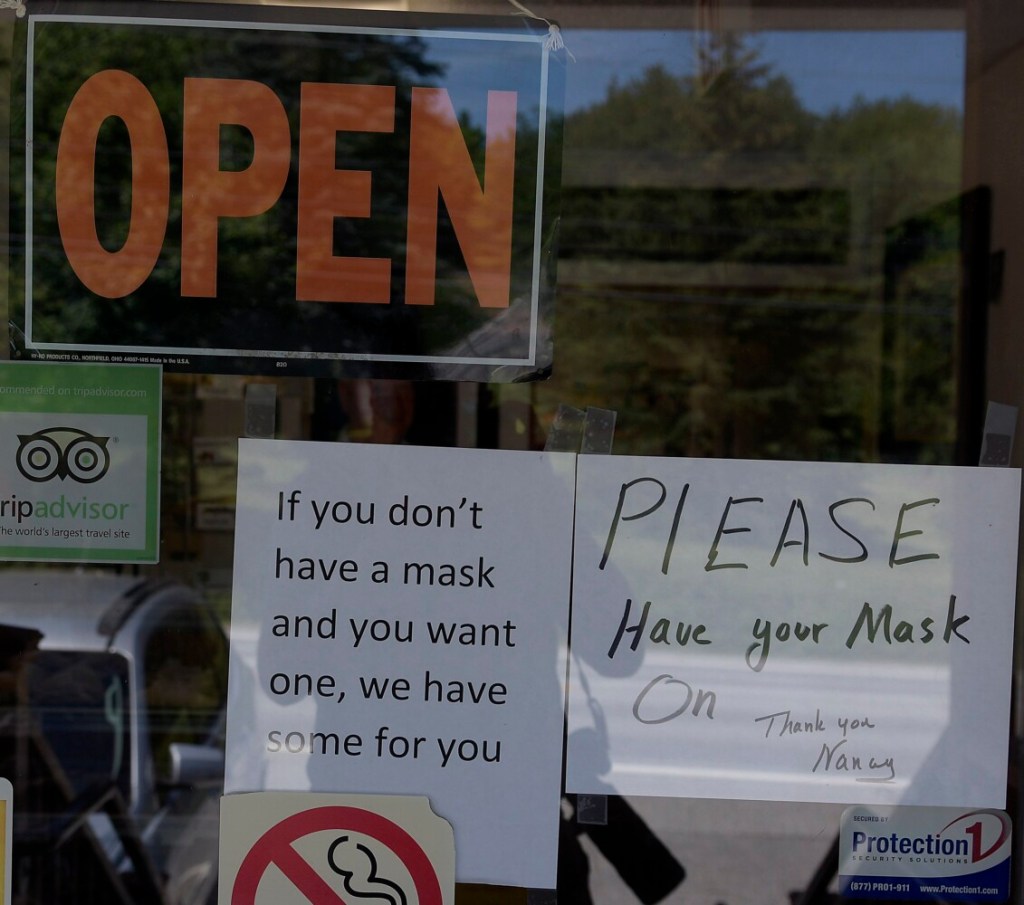
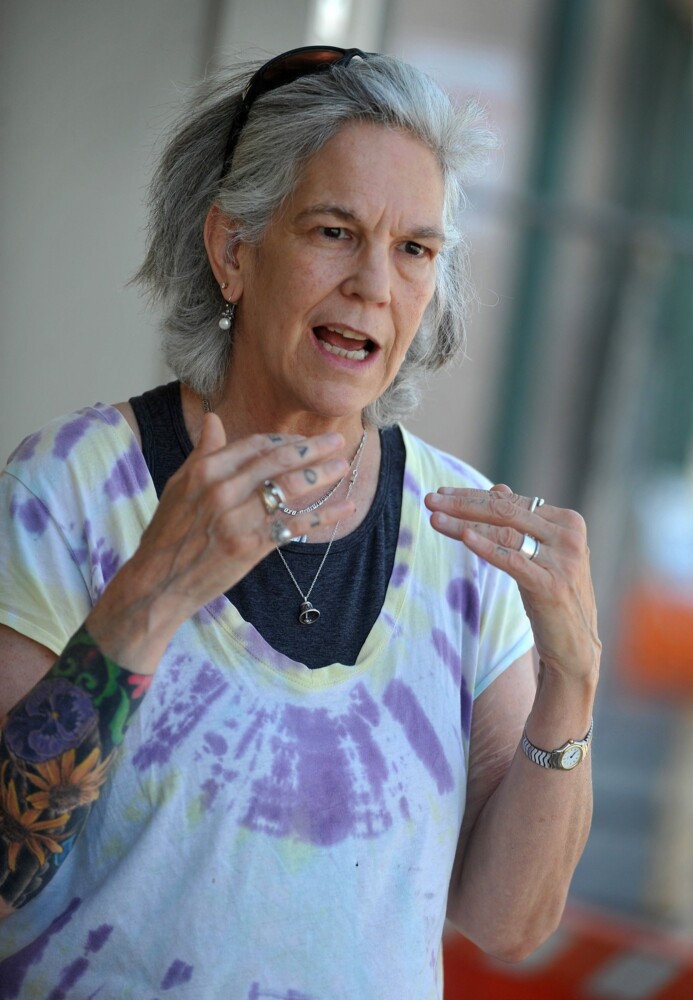
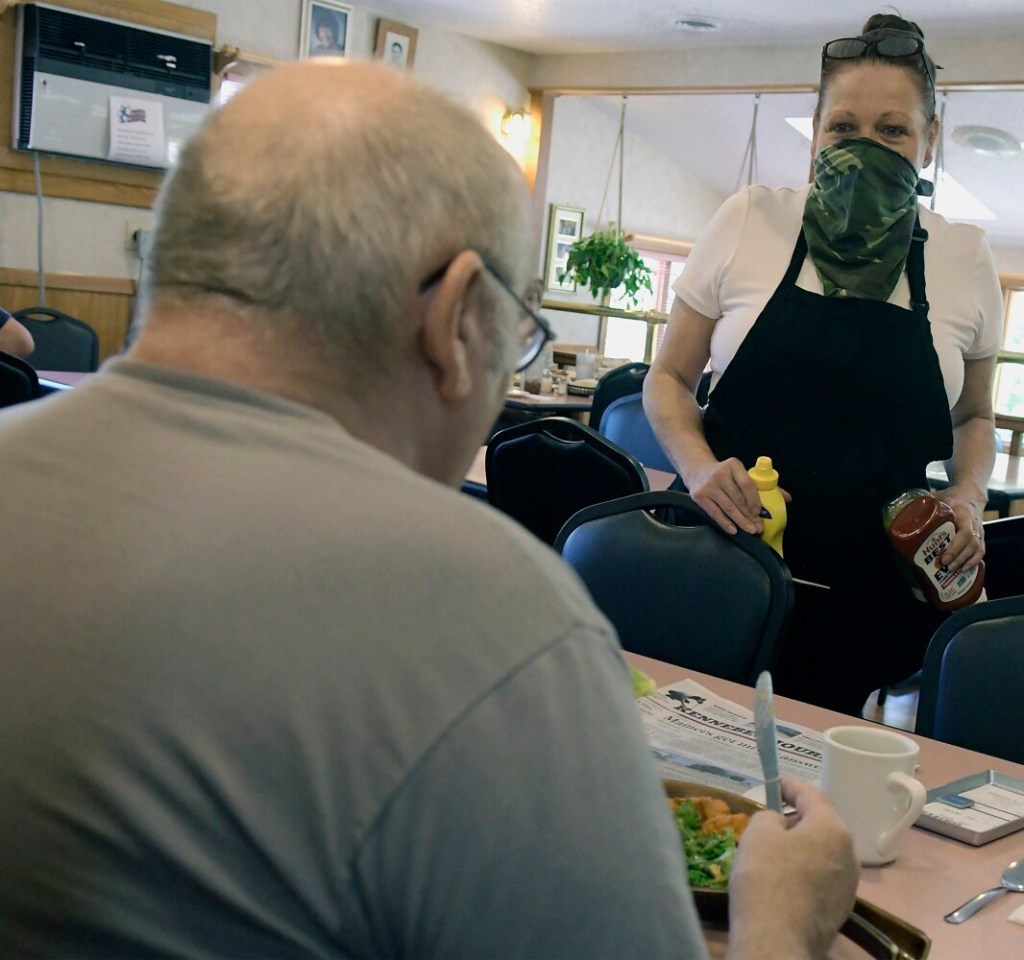
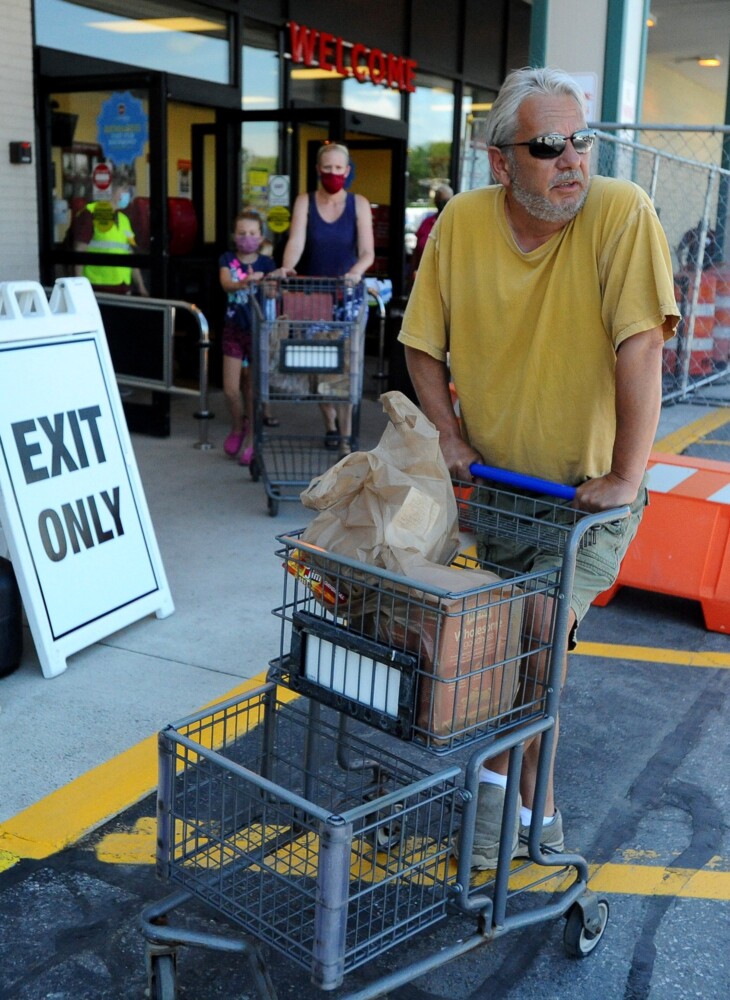
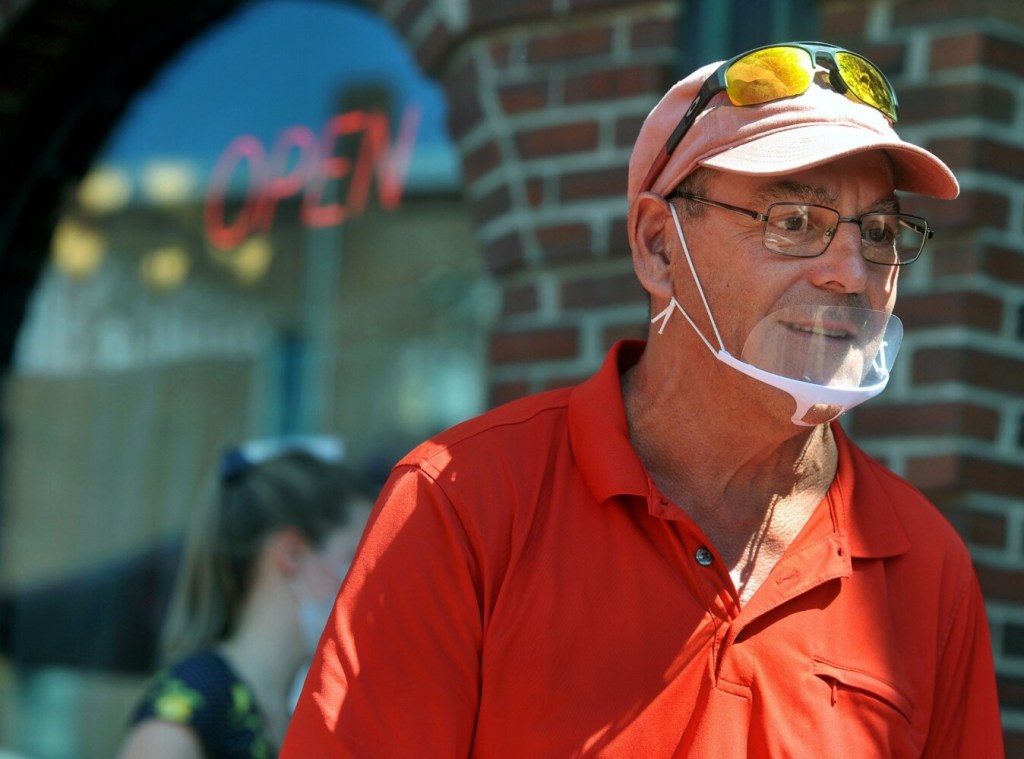


Comments are no longer available on this story